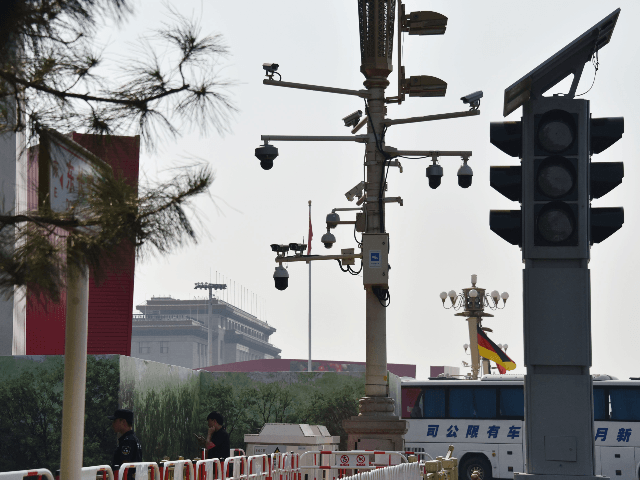Australian cybersecurity firm Internet 2.0 obtained what it claimed to be an official Chinese government “watch list” of American and other foreign nationals, the New York Post reported Thursday.
The secret “watch list” created by the Chinese regime included names, birth dates, and passport numbers of Americans and other foreigners who passed through Pudong International Airport in Shanghai between 2018 and 2020. The Shanghai list was the latest in a series of surveillance databases secretly compiled on foreign citizens by the Chinese government.
One of the names on the list is Ashanti Shequoiya Douglas, a popular American singer who performs under her first name as Ashanti. Others include at least one employee of the U.S. State Department, researchers, university professors, corporate executives, and tourists. Some of the names belonged to children as young as nine.
The purpose of the list, and the reasons why China added these 697 U.S. citizens to it, were unclear. The database also reportedly included 161 Australians and over 100 British nationals. A clue to its purpose could be an additional section that listed thousands of Uyghur Muslims who had evidently been flagged for surveillance or questioning as possible “terrorists.”
Also included with the leaked data was video from “dozens of cameras set up around Shanghai’s harbor, some with facial recognition and license plate readers tracking cars and people, according to the security experts,” according to the NYP.
The Chinese surveillance state includes extensive facial recognition capabilities, including systems that can identify members of targeted ethnic groups like the Uyghurs in crowds.
The database from Shanghai was obtained by Australian cybersecurity firm Internet 2.0, which passed it along to the NYP. In December 2020, Internet 2.0 helped to expose a network of Chinese Communist Party members from Shanghai working at British consulates and defense firms, using a database leaked by Chinese dissidents.
Internet 2.0’s two CEOs, Robert Potter and David Robinson, said the newly uncovered Shanghai watch list “gives us insight into the ambitions of China to collect what it can, to impose its will within its jurisdiction and to violate norms of privacy and accountability.”
“China blurs the boundaries between law and order, counter-terrorism and political crimes. Within this system there is limited restraint as all are collected on,” said a statement released by the company.
Security analysts warn China is aggressively building up its surveillance system and pouring new data into test systems and prototype networks, free of any concerns about privacy rights or legal restraint. Prudent travelers should assume they are under constant observation and could be either randomly flagged for closer scrutiny, or possibly tagged by facial recognition software the Chinese regime uses to monitor certain ethnic groups.
Shanghai has been ranked behind only two other Chinese cities, Chongqing and Shenzhen, as the most intensively monitored metropolis in the world. In September 2020, a database similar to the one obtained by Internet 2.0 — but with much more extensive information, some of it confidential — was uncovered in Shenzhen. This database heavily targeted Australians, a nation under sustained economic and political attack from Beijing because it demanded a thorough and independent investigation of the origins of the coronavirus.

COMMENTS
Please let us know if you're having issues with commenting.